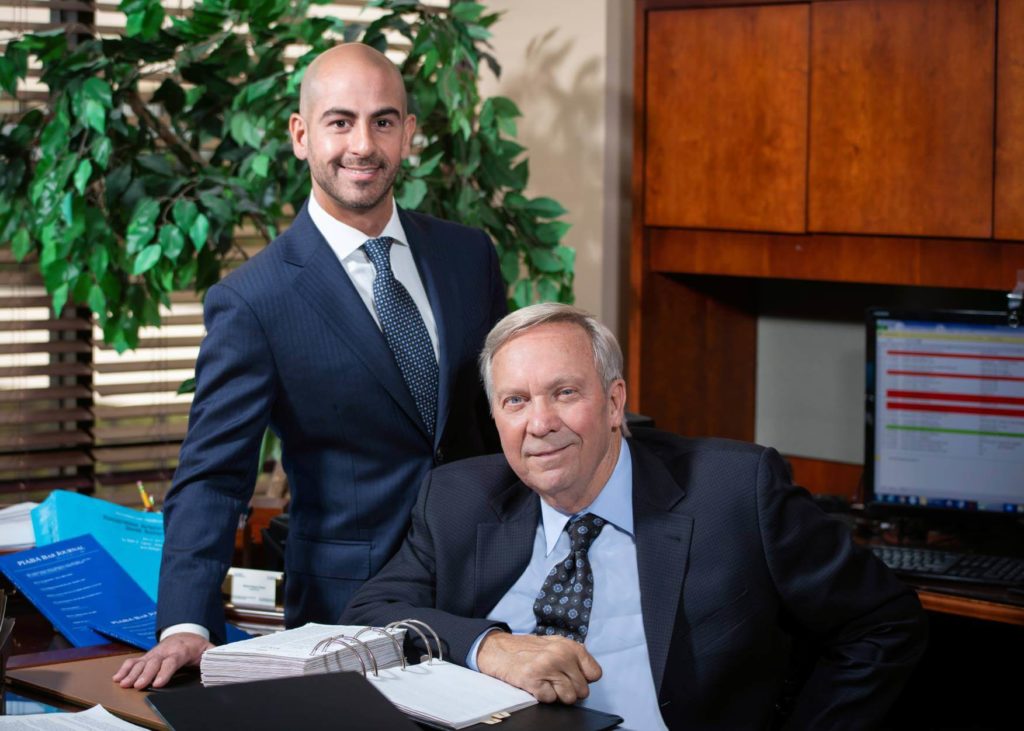A Biased View of Securities Fraud Class Actions
Wiki Article
The Single Strategy To Use For Securities Fraud Class Actions
Table of ContentsThe 20-Second Trick For Securities Fraud Class ActionsSecurities Fraud Class Actions Can Be Fun For AnyoneThe smart Trick of Securities Fraud Class Actions That Nobody is DiscussingThe Main Principles Of Securities Fraud Class Actions
providers must deal with the firm's insurance providers and hire experienced advice who focus on and defend safeties class activity litigation on a permanent basis. Lastly, to the level that a non-U.S. issuer locates itself the subject of a protections class activity claim, the bases upon which courts have actually rejected similar complaints in the past can be useful.
Virtually 90% of complaints in event-driven safety and securities claims cited some federal government investigation. Do these cases have merit? The solution, according to the author, "is that in technique, there is usually extraordinary obscurity in these cases about whether the shareholders were defrauded." The writer contended that, although the characteristic "reduced dismissal prices, high negotiation values, federal government investigations and institutional lead complainants" are often considered indicia of value, with event-driven safety and securities lawsuits, that is not necessarily the instance.
Securities Fraud Class Actions for Beginners

Thanks so a lot Nelson for getting on the podcast today. Fantastic to be right here, Jerry thank you. We wished to talk about for our clients crucial patterns and growths over the past year have a peek at this site in safeties scams course action litigation. Certainly an extremely severe area of large amount of case regulation, therefore we desired in this podcast to get your thoughts and ideas concerning what company advise need to be thinking of in regards to essential developments in 2022 and what you see in the future in 2023.
This challenge was relieved considerably in the ruling of Basic, et al. v. Levinson, where the U.S. Supreme Court embraced a "scams on the market" theory of reliance. This theory avoids the demand to reveal private reliance by employing the presumption that, when a supply professions in an effective market, financiers "rely on the marketplace as an intermediary for establishing the stock's price in light of all openly offered product details; appropriately, when [a financier] buys or offers the stock at the marketplace rate, one has, basically, depended on all publicly readily available details, regardless of whether the purchaser and/or vendor knew that details personally." I know the Basic assumption is extremely unique in this room does it use in all protections scams cases, or exist specific needs before it may be conjured up? The Fundamental presumption for course accreditation is invoked by revealing that the alleged misstatement was publicly known; that it was product; that more helpful hints the stock traded in an efficient market; which the plaintiffs traded the stock in between the time the misstatement was made, and the time when the misrepresentation was openly remedied, or when the truth was exposed.
Nelson, I recognize that course certification judgments in this room tend to discover their method right into The Wall Road Journal, and I know you've evaluated this location carefully in your point of view, what are a few of the key course certification rulings over the previous year that company advise should recognize regarding? In 2022, a variety of accuseds efficiently said that complainants fell short to please the enhanced pleading requirements needed by the PSLRA, The higher bar of the PSLRA requires that a grievance declaring misstatements or omissions specify each declaration affirmed to have been misinforming, and indicate the reasons why the declaration is misleading.
The Definitive Guide to Securities Fraud Class Actions
In regards to a scorecard over the past year, relatively how did plaintiffs and accuseds do in dealing with either preemptive movements to disregard that assaulted securities fraudulence class actions, or a real litigation of qualification motions? In 2022, complainants' bar achieved success in getting course accreditation of a minimum of part of a class in nearly all of the situations that mosted likely to that phase of lawsuits. - Securities Fraud Class Actions
check my blog
In an effort to overcome the Fundamental assumption, the accused said that the misstatements alleged in the problem were just generic and not material to the connection between a misstatement trusted and its influence on the business's share rate. The defendant provided an experienced record on behalf of this debate, but the court identified that the offender failed to rebut the Fundamental presumption due to the fact that the report supplied no evaluation showing a disconnect in between the supposedly common misstatements and the company's share cost.
Well thanks for your analysis Nelson, and for your overview of the growths over the past year in safeties throughout course action litigation, and thanks to our listeners for joining our Friday once a week podcast. Have a terrific day!.

Not known Details About Securities Fraud Class Actions
In ERISA securities class actions, our protections scams lawyers represent workers who have spent in their companies' stock with 401(k) or various other retirement cost savings plans. ERISA is a federal law created to make certain that staff members who save and spend for their retired life are dealt with relatively and truthfully by their employers.Report this wiki page